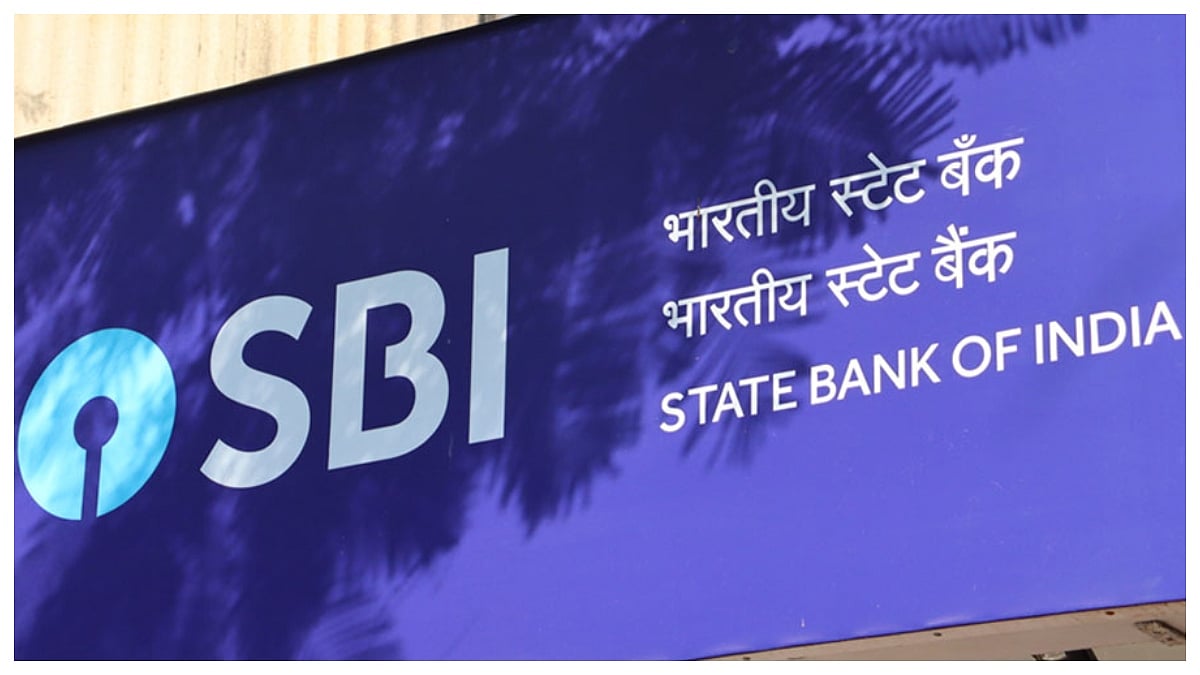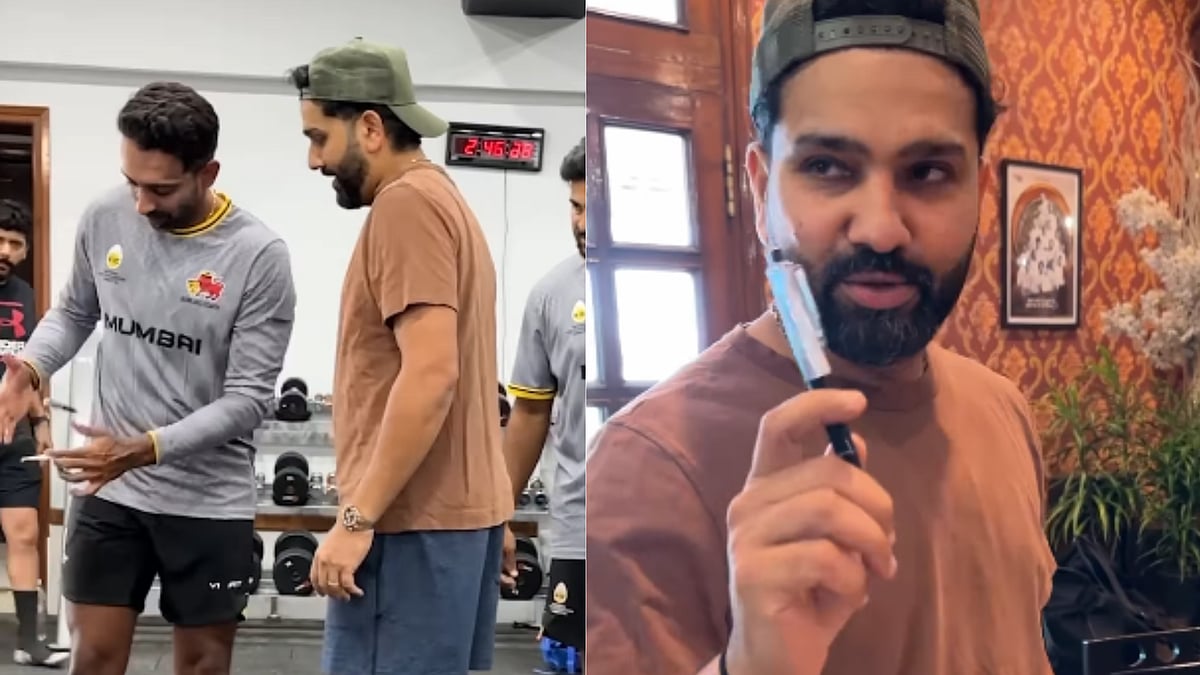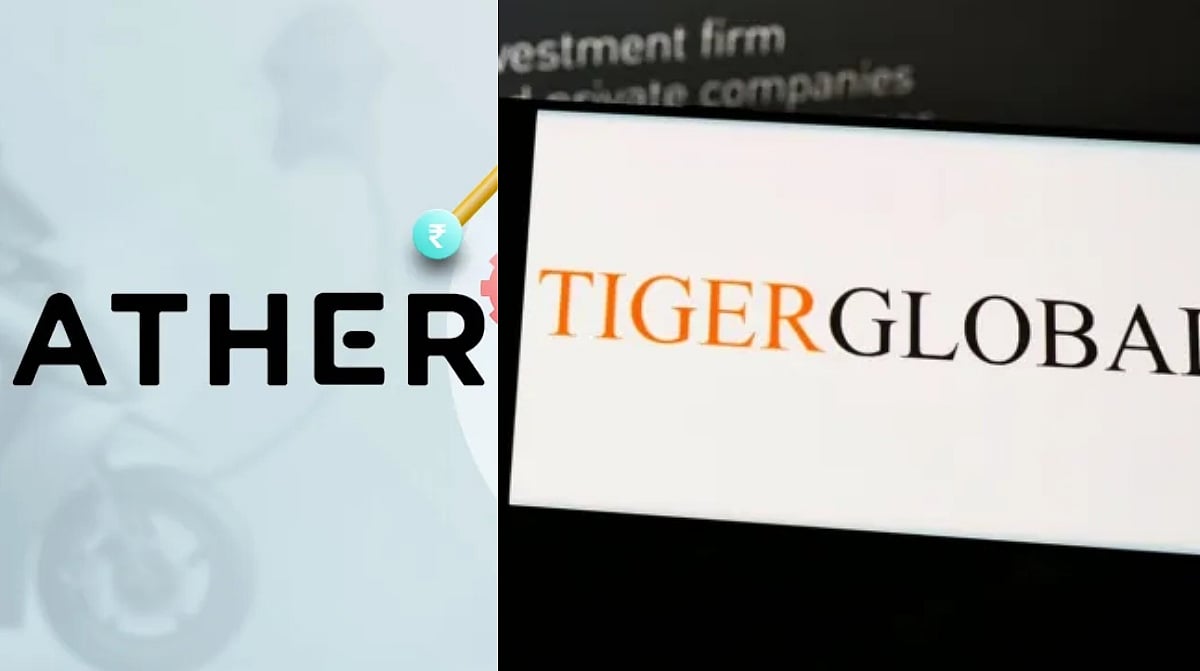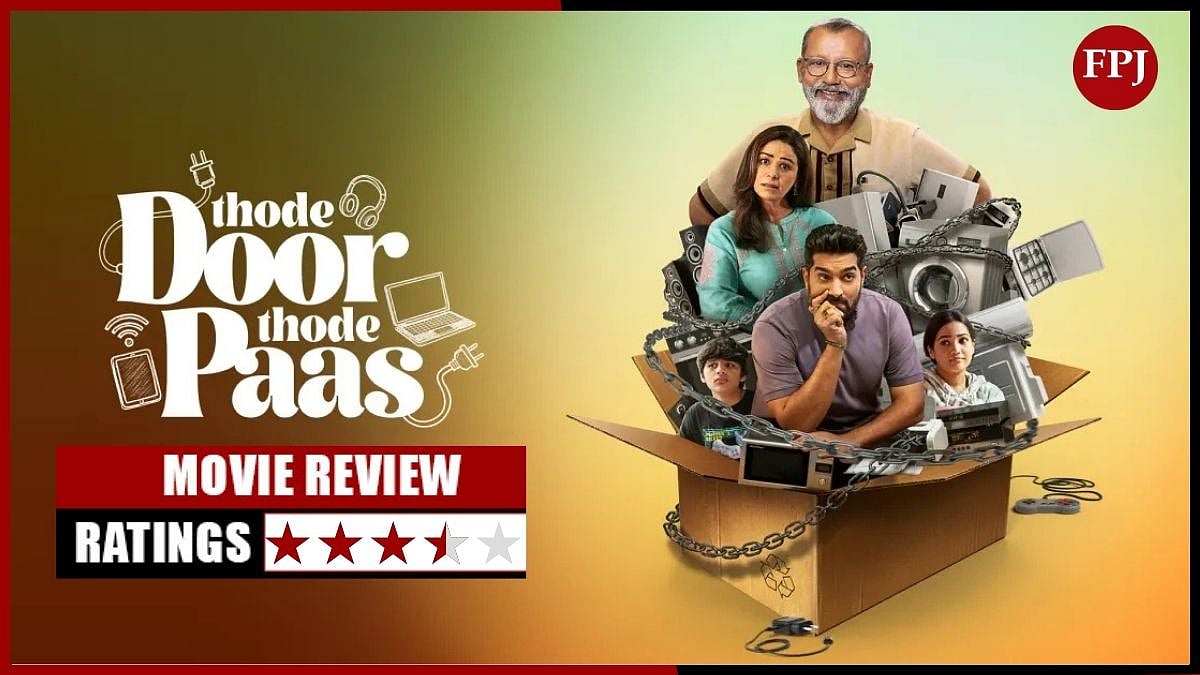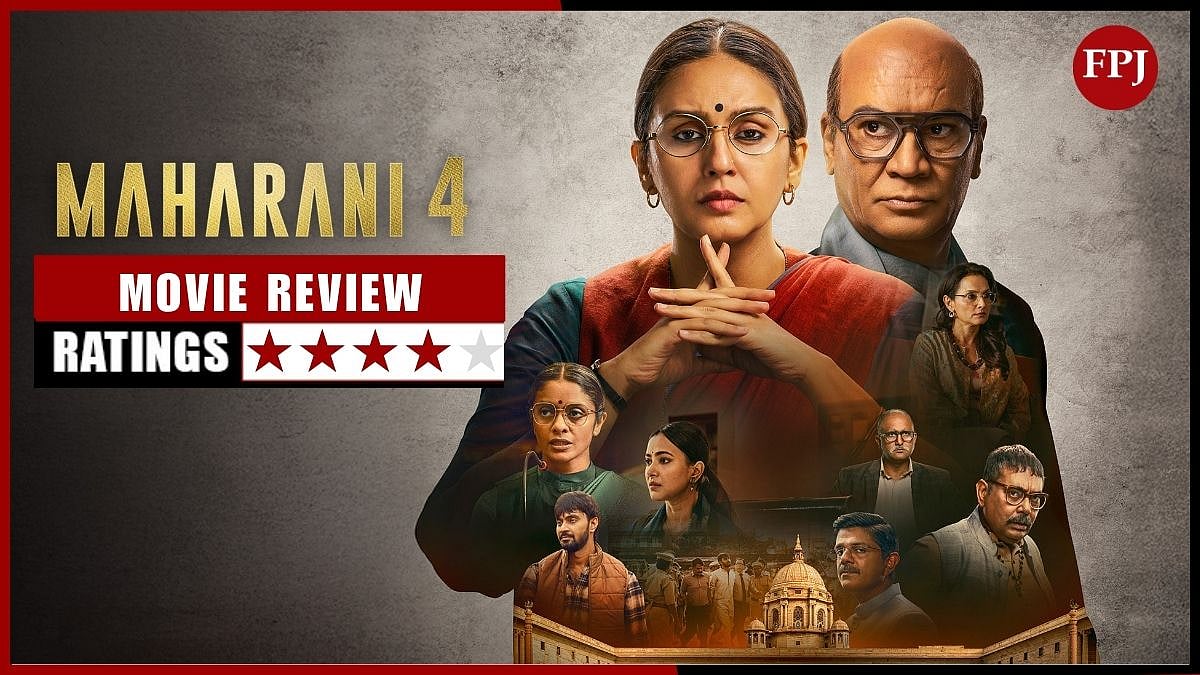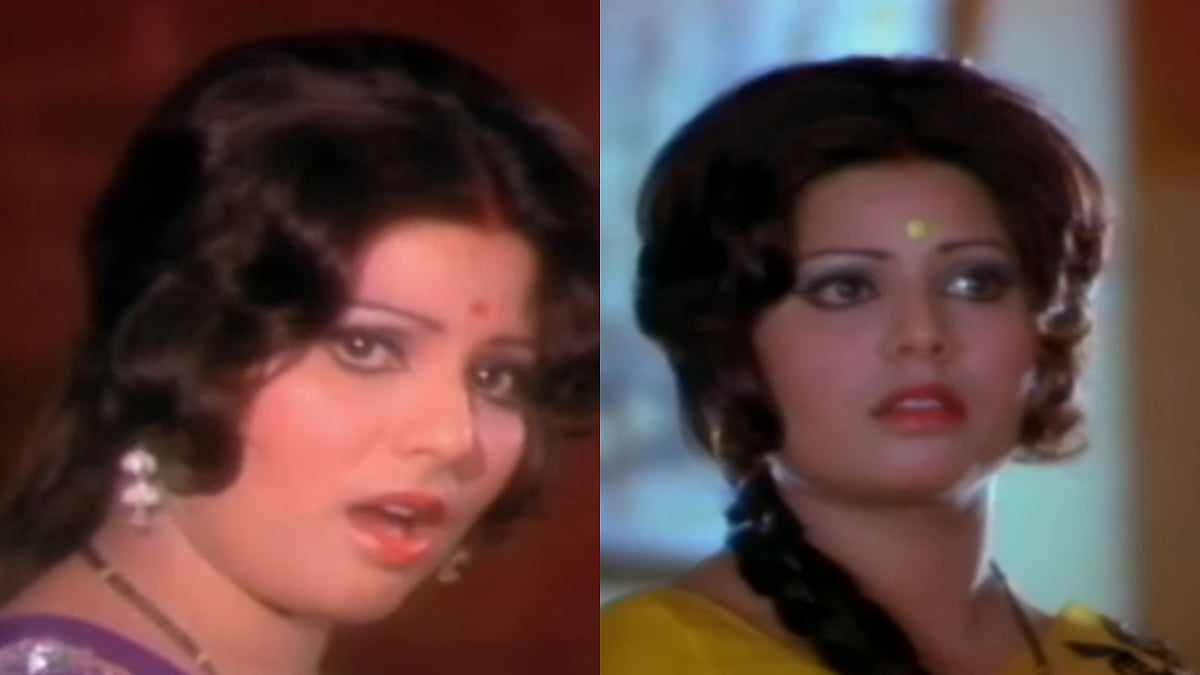Title: The Wild Robot
Director: Christopher Sanders
Voice Cast: Lupita Nyong’o, Pedro Pascal, Catherine O’Hara, Bill Nighy, Kit Connor, Stephanie Hsu and Mark Hamill
Where: In theatres near you
Rating: 3.5 Stars
With this film, director Chris Sanders offers a heartfelt, visually stunning exploration of what it means to be part of a family, albeit through the lens of a clunky, endearing robot named Roz. Based on Peter Brown's novel, this animated film takes the notion of found family and weaves it into an adventure that feels fresh, even if it treads somewhat familiar ground.
Roz, voiced with delightful naiveté by Lupita Nyong’o, crash-lands on an island where the local wildlife is less than welcoming. Programmed to serve, Roz tries (and often hilariously fails) to befriend the creatures who view her as either a threat or an outright nuisance. Her breakthrough comes when she discovers a lone goose egg, which she takes upon herself to hatch and raise. Thus, begins her journey from being a task-oriented machine to an empathetic, if bumbling, parent to the young gosling, Brightbill (voiced by Kit Connor).
It’s in the relationship between Roz and Brightbill that the film finds its heart. There’s a delightful absurdity in watching a robot attempt to teach a gosling how to swim and fly—tasks that seem well outside her programmed expertise. Yet, through these moments of clumsy parenting, Roz begins to exhibit a profound emotional awareness, something even she struggles to comprehend. Catherine O’Hara’s Pinktail the Possum sums it up best: “As far as he’s concerned, you’re his mother!” This epiphany marks the point where Roz’s mechanical shell begins to crack, revealing a being capable of love and selflessness.

However, while the film beautifully handles Roz’s personal growth, it stumbles with some of its secondary plotlines. The subplot involving Brightbill's flock, led by the stern Longneck (Bill Nighy), feels like a narrative retread of other animated films, particularly Migration.
There’s a bit of déjà vu as the young goose must prove his worth, and while these scenes are well-executed, they lack the originality found in Roz’s interactions with the island’s other creatures.
Pedro Pascal’s Fink, the wily fox with a taste for mischief, brings much-needed levity to the proceedings. His sarcastic one-liners and begrudging alliance with Roz add a layer of humour to what could have been a saccharine story. Mark Hamill’s Thorn the Bear and Matt Berry’s Paddler the Beaver round out the animal ensemble, but they never rise above their archetypal roles.

Visually, the film is a feast for the eyes. Cinematographer Chris Stover’s vibrant landscapes and Raymond Zibach’s detailed production design create a world that feels as alive as the characters inhabiting it. The animation beautifully captures the contrast between Roz’s cold, metallic exterior and the lush, organic environment she finds herself in. The score by Kris Bowers adds depth to the emotional beats, though it occasionally veers into overly sentimental territory.
For all its charm, the film sometimes falls into the trap of overplaying its emotional hand. Some moments feel overly calculated to tug at the heartstrings, and the film’s messaging—about the importance of family, community, and empathy—can feel a touch heavy-handed. That said, these are minor quibbles in an otherwise delightful film that offers something for both children and adults.

